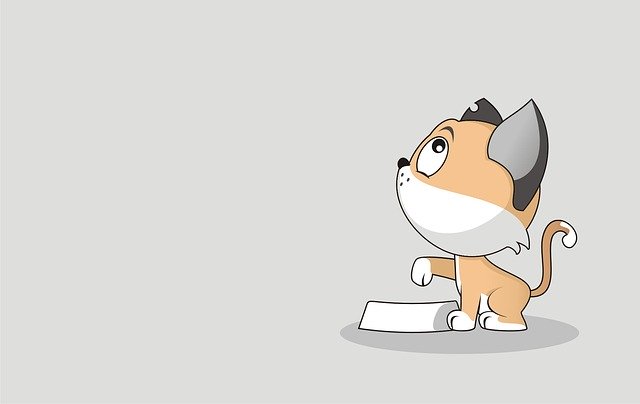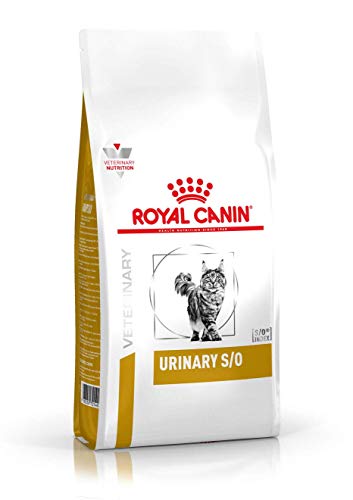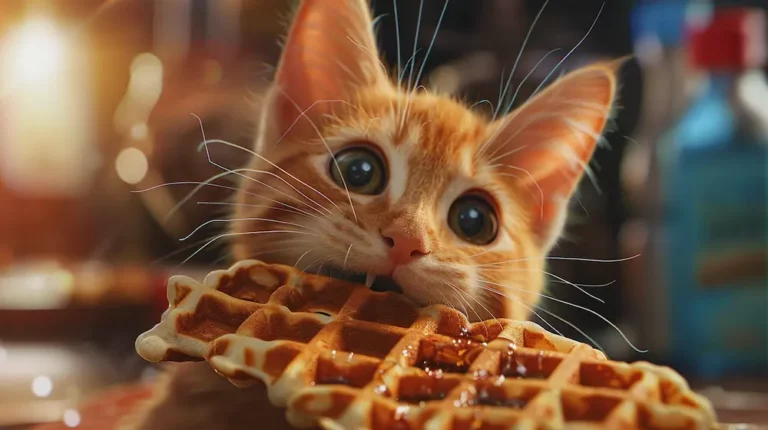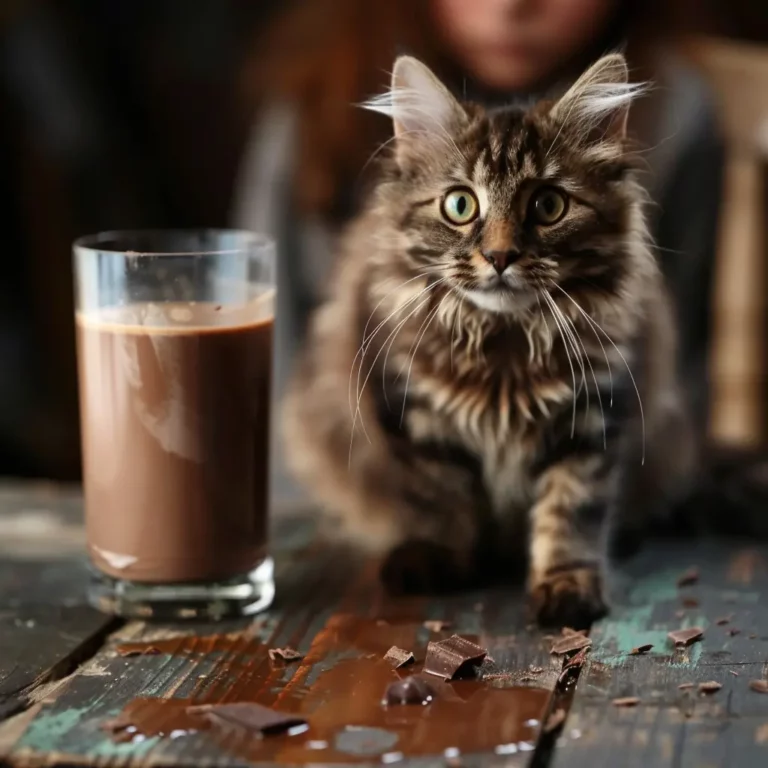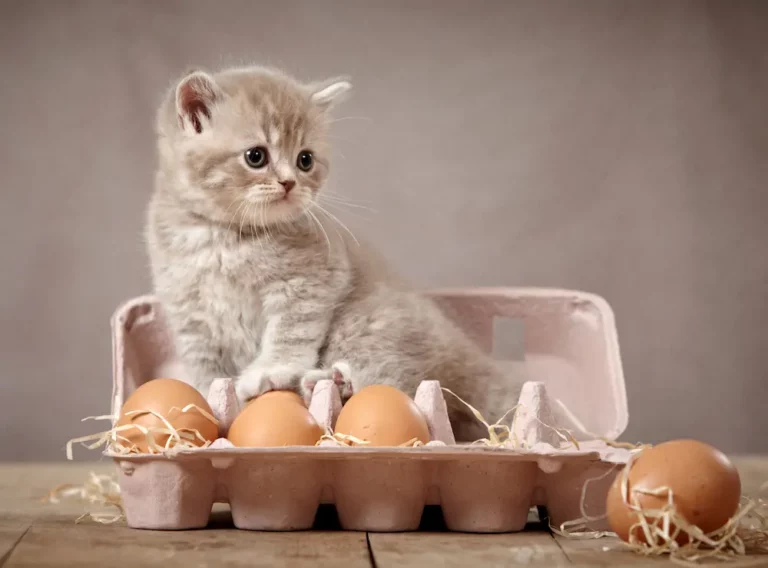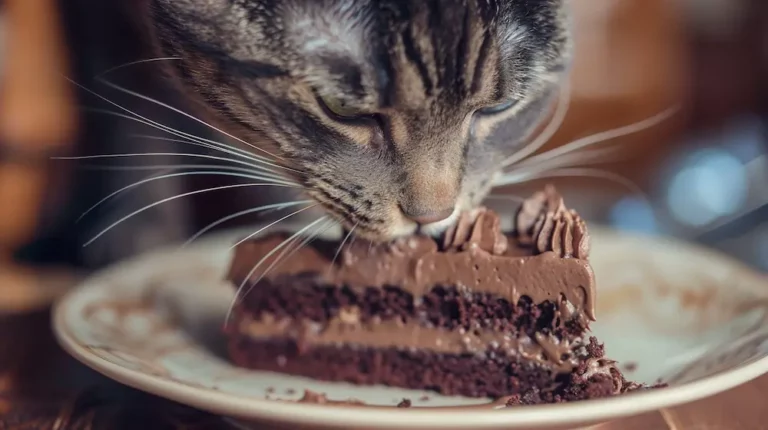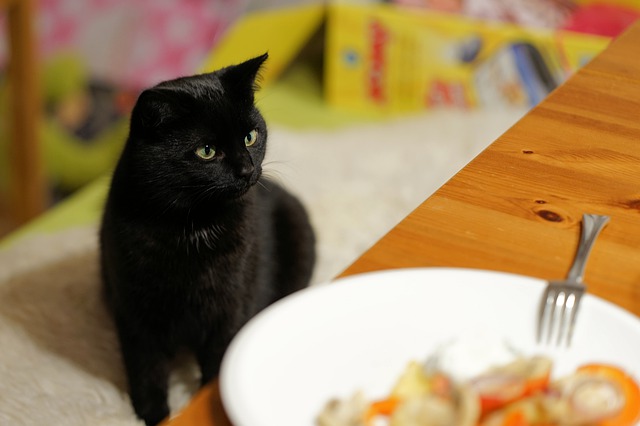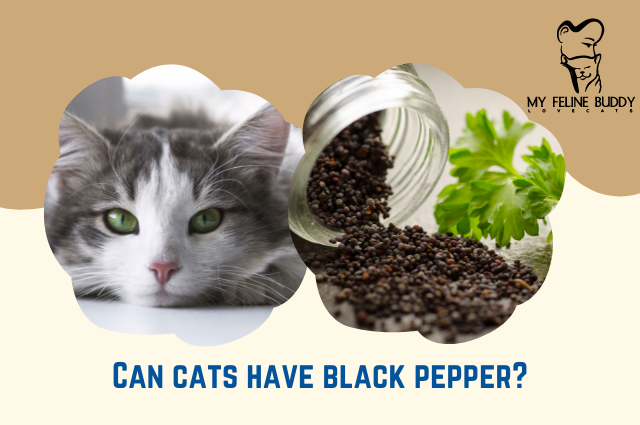Royal Canin Cat Food Review
As a vet, you’re often presented with a variety of offers if you want to become a representative of one brand or the other. While I was working as a veterinarian, I was always under the impression that Royal Canin
Things have changed drastically over the years and I have learned to do my own research rather than take the info I’m given as the truth.
Is Royal Canin
However, I would recommend a Royal Canin veterinary diet for a limited time — until the
Let’s look at some Royal Canin
Royal Canin Cat Food Reviews
1. Royal Canin Urinary SO Cat Food Review
Introducing Royal Canin Feline Urinary SO Dry, a specialized diet to support urinary tract health in cats. Formulated by veterinarians, this dry food helps dissolve struvite stones and reduces the risk of urinary crystal formation. Keep your cat's urinary system healthy and happy with Royal Canin Feline Urinary SO Dry.
As I already mentioned, the area where Royal Canin really shines is the variety of veterinary diets that they make available. The SO moderate calorie recipe targets both your
The biggest advantage of choosing this product over others is that it is specifically designed to promote the elimination of both calcium oxalate crystals and struvites. Even so, it is a dry
Ideally, you should feed your
In terms of drawbacks, the diet is high in carbs, which doesn’t even make any sense since it’s made for cats who have weight issues. It also contains concentrated plant protein, which really isn’t something worth writing home about.
However, cats like the taste of this brand and there have been reports from people saying that it has helped their feline buddies with their urinary tract health.
2. Royal Canin Gastrointestinal Cat Food Review
This formula promotes digestive health and optimal stool quality through highly digestible proteins and prebiotics, aiding in managing GI health and common sensitivities. Enriched with a blend of soluble and insoluble fibers, it supports healthy transit through the GI tract and also contributes to urinary health with the exclusive S/O Index, discouraging crystal formation in the bladder.
The Gastrointestinal Fiber Response diet is a high-fiber diet that works for cats who have a hard time ‘going to the bathroom for number 2’. This is especially true in geriatric cats or those that have suffered lesions in their back, but also in cats that don’t get enough fiber in their diet.
Of course, since cats are carnivores, you might think that fiber is completely unnecessary. Well, cats that are predisposed to constipation actually need it, but specifically because they have to survive on a meat-only diet, they can’t just eat oatmeal or any other types of grains.
Ideally, this diet should have contained fiber derived from sweet potato or pumpkin, which wouldn’t be problematic at all. But it contains rice (the least bad ingredient of all), corn meal, and wheat gluten — and the last two are quite problematic.
On the upside, though, most cats seem to like this food, so it’s palatable, and it helps cats when they get constipated. I’d still recommend getting some canned
3. Royal Canin Hypoallergenic Cat Food Review
This veterinary-exclusive dry cat food is formulated with hydrolyzed protein for adult cats with food sensitivities, reducing GI and skin reactions often triggered by common proteins. By breaking down proteins to a size less likely to be recognized by the immune system, it minimizes the risk of reactions, while essential nutrients support skin health and a reinforced skin barrier, promoting healthy digestion with a blend of fibers and prebiotics.
This food is specifically formulated for cats who have a history of problems with their skin, meaning that they are more predisposed to developing dermatitis, whether idiopathic or not.
The brand contains highly digestible, hydrolyzed soy protein that doesn’t cause any digestive upsets, and it’s also been supplemented with a vitamin B complex and amino acids.
While I do agree that sometimes a diet that is too rich in protein can be at the root of a dermatologic problem and that the quantity of protein needs to be lowered even in cats, who are obligate carnivores, I don’t know if soy protein is the best choice in the world.
I will admit that it can work for a period of time, though, which can’t be said for other varieties. Maybe you should try a low-protein, low-grain brand, too, and see how your
Other diets
Other varieties that you could try out are the following:
1. Royal Canin Senior Cat Food
Royal Canin Feline Health Aging 12+ Thin Slices in Gravy is specially formulated wet food for senior cats aged 12 and older, supporting joint health with omega-3 fatty acids and providing kidney support with controlled phosphorus levels. Its instinctively preferred ratio of proteins, fats, and carbohydrates helps satisfy even the pickiest eaters and can be mixed with Royal Canin Feline Health Nutrition Dry formulas for added variety.
This is the wet alternative, but there is a dry one, too, for people who find that their cats like kibble more than canned food. The food comes with omega-3 fatty acids, which are known for reducing inflammation, lowering blood pressure, and sustaining healthy joints.
Due to its low phosphorus content, this one makes a good choice for cats that might suffer from kidney problems, which is unfortunately a very common pathology of geriatric felines.
This one is actually one of the most popular varieties we have come across and most of the reviews are favorable.
2. Royal Canin Baby Cat Food
Royal Canin Mother & Babycat Ultra Soft Mousse in Sauce is specially designed for mother cats and newborn kittens (1-4 months), featuring antioxidants for immune support, a soft texture for easy eating, and prebiotics for digestive health. It provides essential nutrition during the crucial early months of kittenhood.
Getting kittens weaned is no easy task, and anyone who has tried it in the past will agree with this statement. But if you feed the mother a really soft and highly nutritious diet that’s also good for kittens, they might become interested in it, as well.
This food is specifically made for queens and baby kittens and its ingredients are capable of supporting both of these categories’ immune systems.
The fluffy texture makes it easier for kittens to make the transition to solid food, so you should give it a shot if your
3. Royal Canin Persian Cat Food
Royal Canin Persian Kitten Dry Food is specially tailored for purebred Persian kittens up to 12 months old, featuring antioxidants for immune support, digestible proteins for digestive health, and a specialized kibble shape for easy eating. It ensures optimal growth and supports the unique needs of Persian kittens, including skin and coat health.
Besides the veterinary diets formulated by this brand, you’ll find that the company also makes breed-specific ones. Of course, different breeds have different needs, especially if they are long-hair or short-hair, if they are known to have eye vision problems, etc.
But just so you know, if you use a generic Royal Canin food brand instead of one that is breed-specific, you’re not making a mistake. This one is made to support healthy hair growth and maintain healthy skin, since that’s what Persians need due to their coat.
Even so, since it’s less budget-friendly than other Royal Canin alternatives, why not give those a try? Just make sure you get the age-appropriate diet and if your
Frequently asked questions about Royal Canin cat food
What cat food is comparable to Royal Canin?
As a vet, I’d say that the most similar type of
I’ve noticed that Trovet isn’t a popular choice in North America, but it can be found in Europe and other places across the world. I have used it many times when I practiced veterinary medicine and it’s had great results — especially the Recovery Diet.
Where To Buy Royal Canin Cat Food?
These days, Royal Canin
Where is Royal Canin cat food manufactured?
Most of the
So, when it comes to the origin of the pet food, you can at least rest assured that it’s made in a good place.
Was there any Royal Canin cat food recall?
Actually, there were several. We found information about four of them, but the last one was in 2007, so it’s been over a decade now since Royal Canin had any problems in this sense.
At the time, the brand had to withdraw a number of its dog diets from the market for fear of it having been contaminated with melamine (from Chinese rice protein concentrate). Fortunately, no recalls have been reported since.
